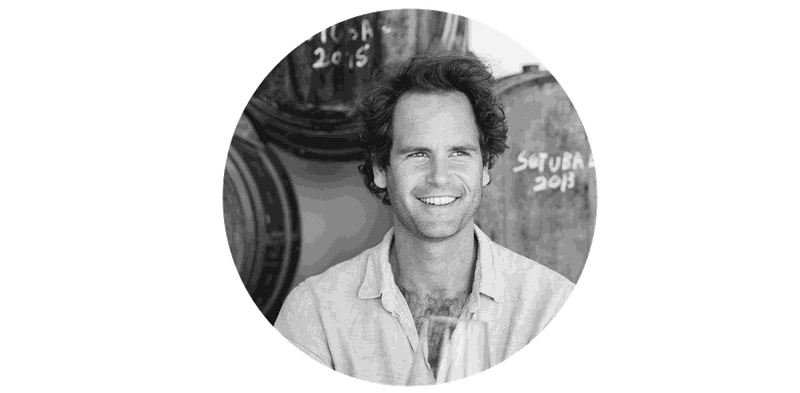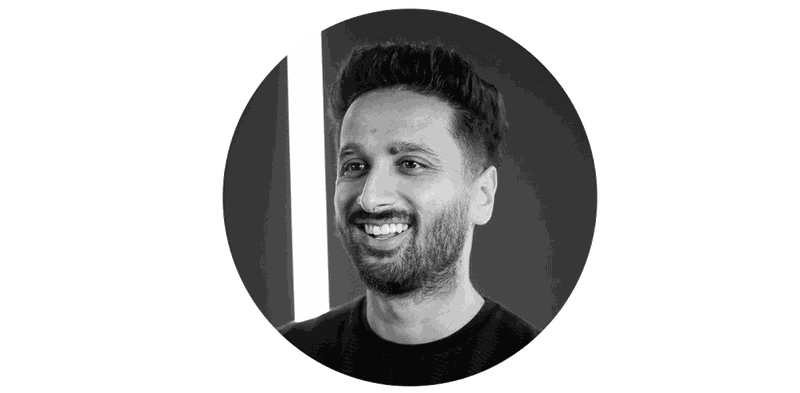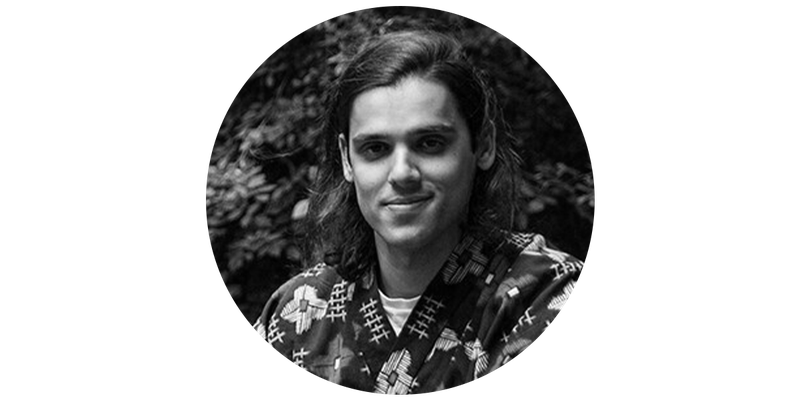4 Entrepreneurs Share Their Business Lessons
Will launched Amie Wine and wine tourist platform Vind with his wife after they spotted gaps in the market for a cool wine brand and a place to discover more about the world’s best vineyards.
Keep on top of the logistics. Everything takes longer and costs more than expected these days. Anticipate where you want to be and prepare for it. Initially, we didn’t have barcodes on our bottles and suddenly we got a big order from a national retailer, so we had to manually add barcodes to a lot of bottles last minute. Brexit, inflation and general shortages have meant there are huge delays getting things like glasses, so you need to be even more prepared than usual.
Don’t rely on one marketing channel. We were fortunate on Instagram in the early days, but possibly too reliant on it. As we have grown (and the Instagram algorithm has changed), we’ve adapted to other marketing channels like emails, text, PR, supper clubs and in-person activations. We did a lot of brand partnerships and Instagram giveaways in the past, but have had major issues over the past few months with Instagram posts being removed. The channel went from one we relied on a lot, to one that we don’t rely on as much anymore. Don’t put all your eggs into one basket.
Use your money wisely. We decided not to go down the investment route early on, so we’ve been forced to be on the pulse with money. Even if you do get investment, I know plenty of people who spank thousands on campaigns and fun ideas without looking at metrics. We’ve been guilty of this too. There’s got to be a good reason for everything. Give staff commission and incentives. And make it a win-win situation, so you want to pay them more. That’s key.
Visit DrinkAmie.com
Adnan Ebrahim is founder and CEO of MindLabs, the world’s first video mental health platform, featuring hundreds of sleep and meditation classes for the mind. He has featured on the Forbes 30 under 30 list.
Surround yourself with people who know more than you. I started my career as a solo founder, and I’m very glad to be sharing the responsibility with my co-founder this time around. Running a start-up has its ups and downs. Sometimes I don't feel too hot and my partner Gabor feels great. Other times it’s the reverse. But we’re always there to pull each other back up. People are everything – so it’s worth taking the time to find the right fit (not the fastest fit), and surrounding yourself with people who know more than you and love what they do. As a founder, it can be difficult to let go of things and hand over responsibilities, but it’s the only way to scale fast and ensure your staff can level up.
Find your ‘why’. Running a business isn’t always as glamorous as it might seem on social media – sometimes it is, but some days it’s tiring, stressful or just involves a load of paperwork. Motivation, drive and hard work are all much easier to sustain when you’re driven by a mission you truly care about. At MindLabs, we’re driven by a goal to make the world a happier place. Everyone on the team is passionate about mental health and cares about what we’re creating – find the ‘why’ in your business and ensure everyone on the team aligns with your vision.
Rest is productive. As a young founder in my 20s, I thought that being a good entrepreneur meant putting in as many hours as possible and giving all of myself to my business. I learnt the hard way that burnout isn’t good for business. When you’re taking proper care of yourself, you’re much more likely to make good decisions and be the best version of yourself. It sounds straightforward but you’d be surprised how many business owners don’t follow this simple rule – breaking your back in the early stages rarely helps in the long run.
Reframe failure as a learning opportunity. Every single business has difficult times. There were months when I wasn’t sure if we’d be able to pay our staff, and a particularly difficult afternoon where I had to let go half of the team. When things like this happen, it’s easy to let imposter syndrome get the better of you, or to think if you fail once that means you should give up. Looking back, I gained so much resilience and learnt so much from the more difficult times, and I’m so glad I didn’t give up.
Visit WeAreMindLabs.com
Sachin Raoul is co-founder of the UK’s leading dedicated sex-therapy app, Blueheart, which offers users shame-free sex education, mindful touch therapy and guided communication for couples
It takes time to find investors. Any company looking to create a new market category will have the same problem – convincing investors today that the market will be huge tomorrow. Time after time we spoke to investors who said our sex therapy product was solving a ‘niche’ problem. It can be hugely frustrating, but don’t lose heart. The right investors will get it. And they are the people you want backing your business, not the sceptics.
Be prepared to rapidly shift strategies. As a founder, you need to be able to think on your feet and constantly iterate your strategy. For example, we created all these amazing assets and videos, ready for a big social media campaign. But Facebook wouldn’t approve the ads. It’s a challenge that most companies working in ‘sextech’ will have encountered. You need to be able to come up with solutions quickly. Make plans, but be ready to change them.
It’s harder than you think to hold onto customers. Think about dieting. It’s famously hard to stick to a diet plan, even though you're fully aware of how good it is for you. Well, sex therapy is that problem, but a hundred times harder. It's our job to motivate someone to confront a very emotional problem when it’s much easier to ignore the problem. We’re still unpicking this challenge, but integrating the right messages at the right time to keep people on track and motivated is the key to start solving a highly complex puzzle like ours. In this case, we found that trialling different models and regularly checking in with our users was a great way to nurture their progress, and to ensure our programme was as personalised as it could be.
Visit Blueheart.io
Too Good to Go is the world's largest food saving app, which lets users buy unsold food from restaurants and retailers that would otherwise go to waste. Led by co-founder Jamie Crummie, it operates in 17 countries with 52 million users worldwide.
Don’t get distracted. I’m a huge advocate for staying laser-focused. When we first started Too Good To Go, we would say yes to all sorts of opportunities. Some were fruitful and gave short-term wins, but the general result was that we became distracted from the main tasks at hand. By attempting to do too much and accepting every opportunity that comes your way, you can find yourself overwhelmed and drifting off course. It is absolutely okay to say no and there is a huge skill in being able to maintain this resilience and confidence in what you’re doing. Ultimately it all comes back to gaining perspective of the big picture and identifying the opportunities that will drive impact at scale.
Always keep things simple. This doesn’t just apply to our concept and business model. At TGTG we are addressing a complex issue like food waste with a simple solution. All of us, myself included, have a tendency to overcomplicate things – particularly in business – but breaking things down into smaller pieces means we are able to maintain focus in the areas that drive the biggest impact.
Build a great team culture. It’s no secret that every successful organisation is built by great people. As a B Corp, our goal is always to align people, planet and purpose, alongside profit. This acts as a huge pull for amazing talent, but our culture is also a huge reason why people stay and keep fighting food waste with us. When it comes to building a culture, this means establishing a working environment in which everyone feels valued, heard and recognised for the impact they bring to the organisation. At the same time, you want to remind colleagues of the big picture and ‘why’ you do what you do.
Visit TooGoodToGo.co.uk
DISCLAIMER: We endeavour to always credit the correct original source of every image we use. If you think a credit may be incorrect, please contact us at [email protected].






